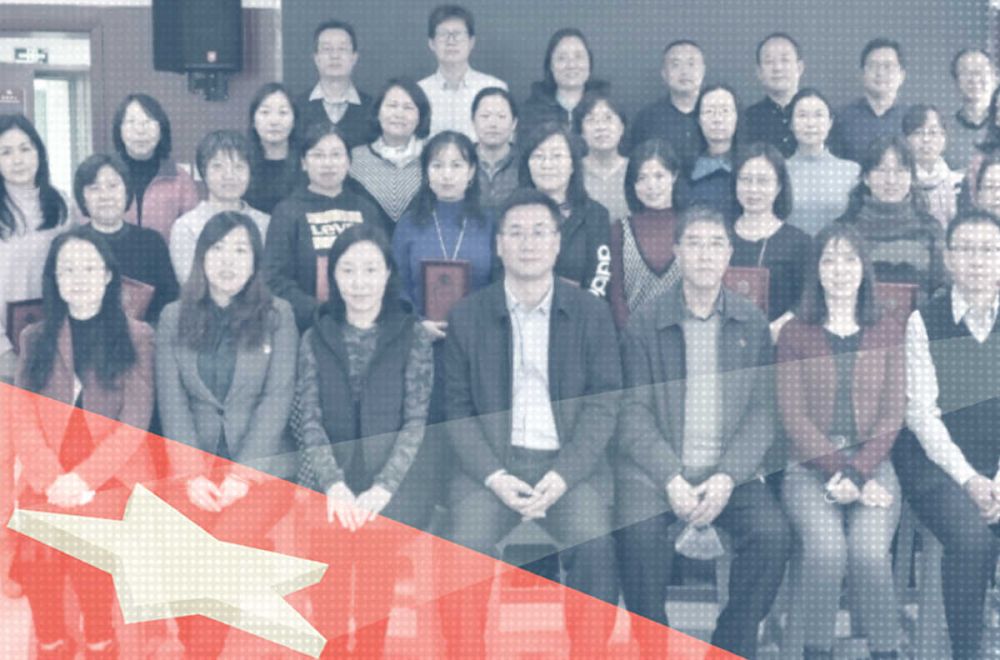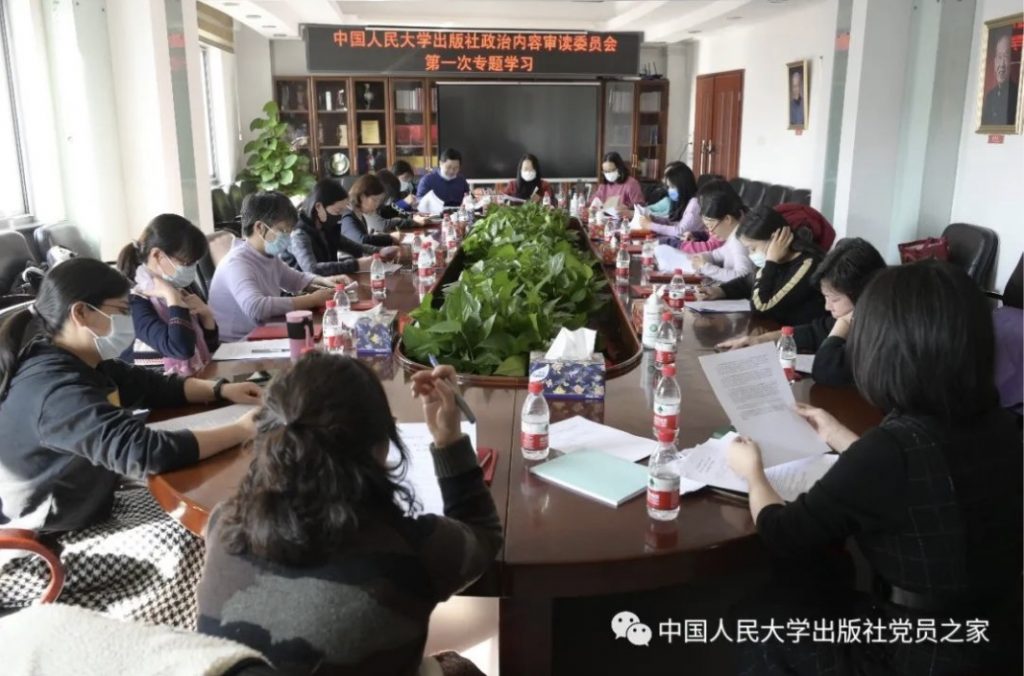
In open and democratic societies, the university press serves a special role in publishing academic work that has been reviewed by the scholarly community. Through books, journals and reference materials, university presses often help to ensure that research insights, including those that might be overlooked or underappreciated, are made accessible in order to broaden conversations within and across disciplines.
In China, this role is complicated and interrupted by the demands of the Chinese Communist Party (CCP), which is keen to see works reviewed prior to publication not just for their intellectual value but also for their political fitness. As sensitivities in China intensify ahead of the 20th National Congress of the CCP this fall, one university press has announced that it is going the extra mile to ensure its political i’s are dotted and t’s are crossed.
On February 23, China Renmin University Press, an academic publishing house affiliated with Beijing’s Renmin University of China (RUC), which is known for its relative strength in the humanities and social sciences, announced that it was forming a Political Content Review Committee (政治内容审读委员会). The committee, which held its first training session after the formal inauguration of the group, will be tasked with reviewing the roughly 3,600 titles the press releases each year to ensure that they abide by what the CCP calls “political guidance” (政治导向), or “guidance of public opinion” (舆论导向) – essentially, the enforcement of control over facts and ideas to support the political stability of the regime.

In a speech to mark the formal launch of the committee, the head of the press, Li Yongqiang (李永强), said its purpose was to maintain a grasp of “political guidance” as well as product quality in the midst of the current climate in which “ideological work is steadily increasing.” Members of the Political Content Review Committee, said Li, would need to “have boundaries under their pens” (笔下有边界) – meaning that they would need to apply political standards consistently as they reviewed works to be published.
Li added that they must be “adept at discovering [political] problems” (善于发现问题) as well as resolving them, “clearly distinguishing the good and the bad in the sea of information” (海量的信息中明辨是非优劣).




















